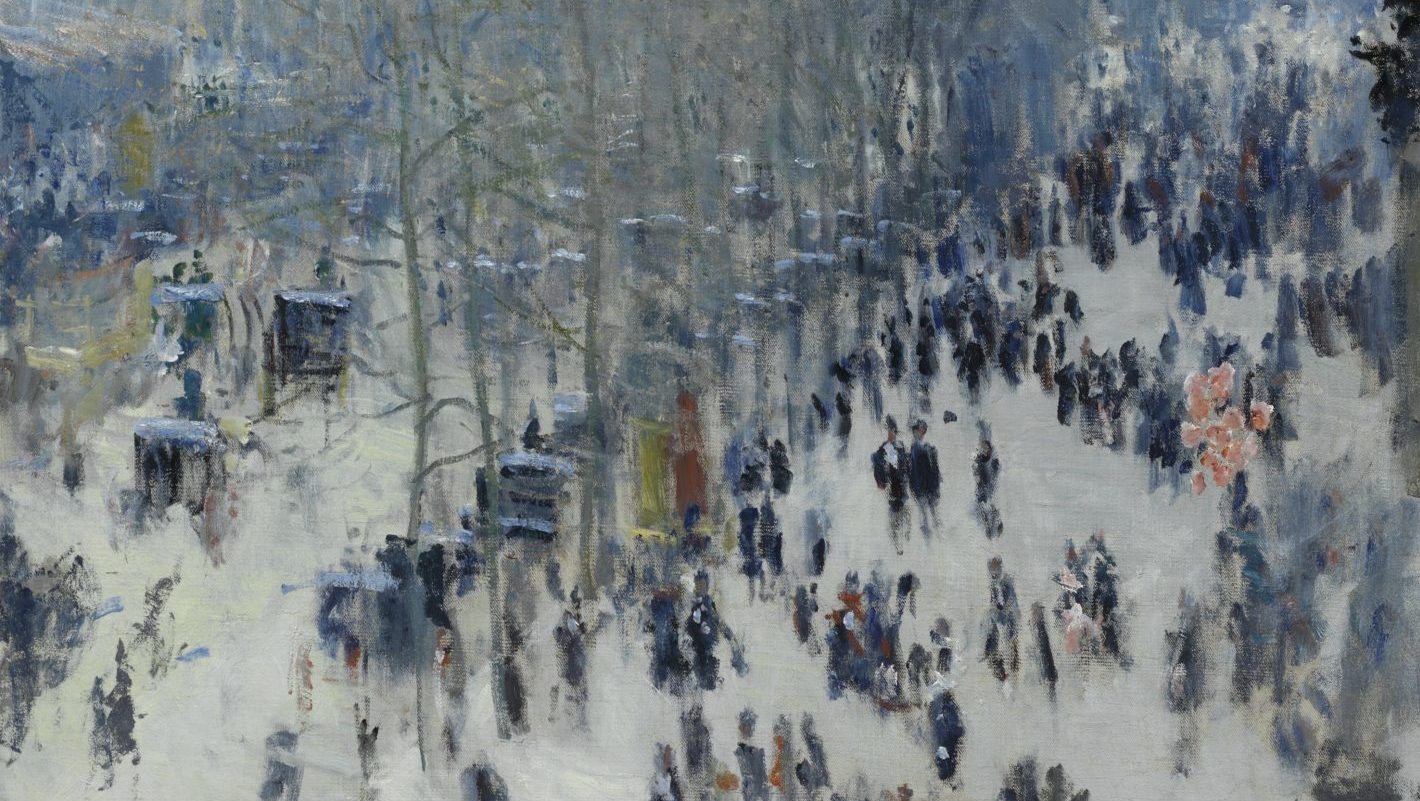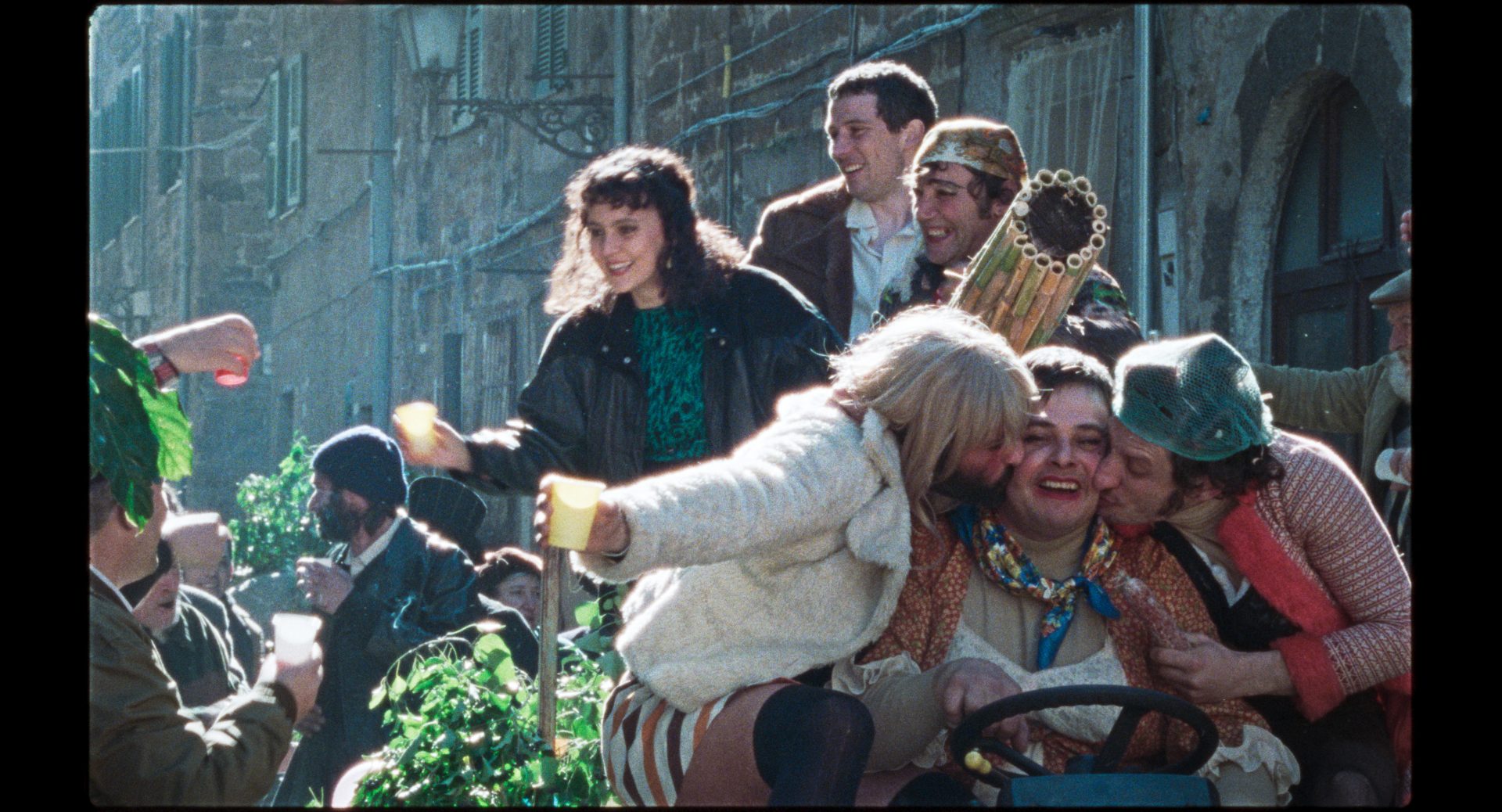Sport as an allegory for war can inspire some wincingly trite observations. Direct comparisons between a bunch of people running around chasing a ball and industrial-scale killing born of organised hatred never stand up particularly well to scrutiny, yet people still line up to
do it.
However, that doesn’t mean sport can’t be a useful vehicle for insight into conflict, without falling back on a lazy two-tribes narrative.
For those of us who follow sport, as participant or fan, it is a vessel of dreams, the focused distillation of emotion and feeling, something real and tangible separate from but meshed inextricably with “real” life, encompassing family, friendship and the sharing of memories, hopes and experiences.
Few of us are blessed with exceptional sporting ability, which is why we are generally content to watch other people display it on our behalf. Yet sport still presents us ordinary folk with opportunities to do something extraordinary.
The postman lashing home the winner for a non-league team against one of the big boys in the FA Cup, say; or the Sunday golfer landing a hole-in-one; the tennis player with a borrowed racquet hitting a perfect passing shot from the baseline of a leaf-strewn court in the park – sport permits us to live out dreams and, very occasionally, raise ourselves to the realm of the truly blessed.
War is none of that. War is humanity’s greatest disgrace and greatest failure, the worst of us, an organised indulgence of the arrogance of certainty that excuses the destruction of people, nations, towns and buildings.
War and sport are opposites, not mutual allegories, which paradoxically makes sport a potentially valuable way of understanding conflict and its consequences.
In Getting Out: The Ukrainian Cricket Team’s Last Stand on the Front Lines of War, Jonathan Campion avoids superficial comparison to produce an absorbing and heartbreaking insight into the conflict raging on our own continent.
And yes, the title does refer to the Ukrainian cricket team. There is one. Or rather, there was one. Hopefully there will be one again before long, but in the meantime, Campion’s account of unlikely dreams formed, realised and shattered makes for an original and moving conduit of this stricken nation’s plight.
Believe it or not, when Putin’s tanks thundered across the border in February 2022, cricket was the fastest-growing sport in Ukraine. A handful of enthusiasts embedded in different parts of the vast country had finally found each other and were making exciting progress against considerable odds.
In the year of the invasion, Ukraine had been all-but guaranteed admission to the International Cricket Council, the game’s global governing body, which should have been the latest high point in a story already diverting enough to be worthy of wider attention before it was shoved in a shattering new direction.
If football is the true global game then cricket is not far behind, the second most popular sport in the world albeit one most firmly established in Britain’s former colonial dominions. Yet beyond the Test-playing nations, cricket has always enjoyed a keen and loyal global existence that defies odds and, occasionally, logic.
Football can be played almost anywhere; you just need a ball and a bit of space. Cricket presents more of a logistical challenge because it needs a much larger area and specific equipment, not to mention being notoriously difficult to explain. It takes determination and resources to establish cricket in places not previously known as hotbeds of the game. Like, say, Ukraine.
At the start of 2022, however, the sport was being played all over the country. A men’s national league was being established, there was increased participation among women and girls, a fledgling national team was taking flight and the sport was attracting impressive levels of investment.
ICC membership, with its extra funding and access to the international stage, was expected to enhance the sport’s popularity further. Ukrainian cricket even made it into the Wisden Cricketer’s Almanack, the prestigious annual bible of the game, which carried reports of the progress being made in the country.
Then, five months ahead of the expected ICC announcement confirming Ukraine’s membership, Putin invaded and everything changed.
When Kobus Olivier arrived in Kyiv in 2018 he felt like a lone missionary. The South African coach had worked with youngsters across the world and was considering an offer from Uganda when he decided almost on a whim to move to Kyiv as a PE teacher at a private school.
Early efforts to introduce cricket to his pupils took place on a golf course in the grounds of the mansion evacuated hastily by Ukraine’s disgraced president Viktor Yanukovych in 2014, where Olivier’s enthusiasm meant that within two years of his introducing a plastic bat and tennis ball to a PE lesson among the bunkers, 2,000 Ukrainian schoolchildren of both sexes were playing regular cricket across Kyiv.
Olivier was soon surprised to learn he was not a lone pioneer when he received a call in 2019 from a Kharkiv-based businessman called Hardeep Singh, a Punjabi who had moved to Ukraine to study in the early 1990s and never left. From the start he had organised practice and matches with other Indian students in the city and by the year 2000 had set up the Ukrayinska Federatsiya Kriketu, the Ukrainian Cricket Federation.
Meanwhile, in the small city of Kaharlyk, 50 miles south of Kyiv, an Australian church pastor named Wayne Zschech who arrived in 1993 as a teenage missionary and stayed, had built himself a batting cage and practice net in a barn next to his church and imported a bowling machine to help keep his hand in.
Despite assuming from the cage and netting that Zschech was starting an emu farm, before long the Kaharlyk locals became invested enough to take up the sport and a team was formed, eventually securing a piece of land that became Ukraine’s first dedicated cricket ground.
When these and other disparate enthusiasts pooled their resources, Ukrainian cricket progressed apace – until February 2022, which is when Campion’s book becomes much more than a feelgood story that could have emerged from the heyday of Ealing Studios.
When the invasion began, Olivier stockpiled food and barricaded himself into his flat with his dogs as the Russian artillery came within audible range of the capital.
“I was literally waiting to die,” he tells Campion. “In a way I had made my peace. I’m going with my dogs.”
Eventually he fled the city and found his way to Zagreb where, in a city park, he was soon introducing refugee Ukrainian children to the joys of cricket, his enthusiasm soon drawing 150 regulars to practice sessions that first summer after the invasion.
“Of course it wasn’t just cricket,” he says. “It was trauma treatment for the kids… They had seen the worst of the war. Their fathers were all stuck in Ukraine.”
Before long, one of the mothers, Anna Murochkina, had completed the ICC Foundation coaching course, becoming the first certified Ukrainian cricket coach.
In Kaharlyk we meet Yuri Zahurskiy, a huge bear of a man and an early convert of Zschech’s who took up cricket in his early 40s and soon became one of Ukraine’s greatest players. After the invasion Zahurskiy drove supplies into the most dangerous areas and brought refugees back with him, on one occasion having his car shot up by Russian soldiers and miraculously surviving by playing dead.
Campion also tells the story of Faisal Kassim, a medical student in Kharkiv and one of the city’s leading cricketers, who coordinates a dramatic escape for himself and 60 Indian students as shells fall on the city, a journey that included a 13km walk through metro tunnels, then a 16-hour ride to Poland on a train so packed everyone stood, unable to move for the entire journey.
Getting Out is a remarkable and frequently surprising book (despite his experiences, for example, Olivier becomes a fervent supporter of Putin’s invasion, posting messages on social media criticising the “Zelensky Nazi regime”) and a shining example of what makes the best sports writing: context. A book charting the Ukrainian cricket story might have been mildly diverting in itself but the stories Campion finds among the nation’s cricketers and cricket enthusiasts tell a wider story about Ukraine, the invasion and the world we live in.
Stories like that of Oleksandr “Sasha” Romanenko from Kaharlyk, one of Wayne Zschech’s proteges and an excellent wicketkeeper in his early 20s. When Campion tracks him down he is a sniper in the Ukrainian army having enlisted on the first day of the invasion, now deeply embedded in the conflict around Kharkiv.
“The game taught me to believe in myself,” he says, “to fight my fears, be confident, use my head and make the right decisions.”
Getting Out concludes in downbeat fashion after Ukraine’s rejection by the ICC because “in the light of the ongoing war there is currently no cricket activity taking place in Ukraine” and ends with a moving postscript listing Ukrainian sportspeople killed in the conflict, from kick-boxing world champions to recreational rugby players, a litany of sporting dead that fills 17 pages.
Yet there is hope here, too. Anna Murochkina, that first qualified Ukrainian cricket coach, tells Campion: “We have some really talented children. It will be hard on my own. But if this war ends, with some support we could be a strong and courageous team”.
In the 2023 Wisden Cricketer’s Almanack, Hardeep Singh says he is “100% convinced we will achieve our membership of the ICC once the war is ended. Cricket is in the blood of Ukraine now”.
Getting Out: The Ukrainian Cricket Team’s Last Stand on the Front Line of War by Jonathan Campion is published by Pitch Publishing, price £16.99




